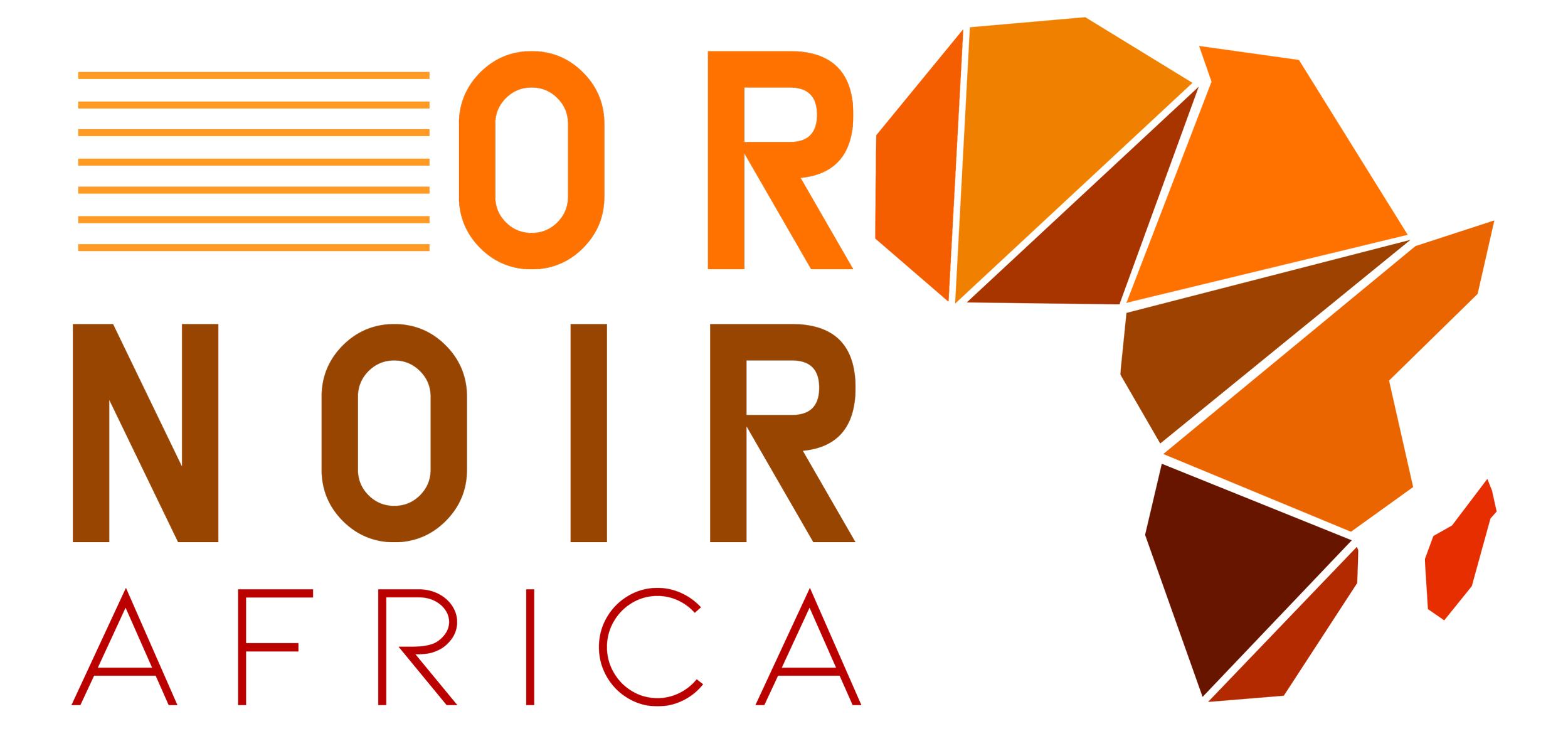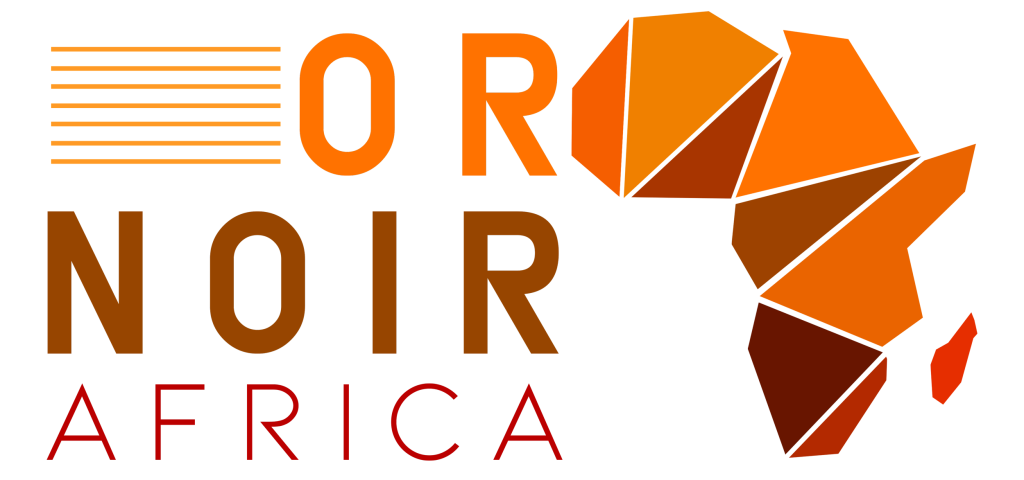Le ministre des Hydrocarbures de la République démocratique du Congo (RDC), Aimé Molendo Sakombi, a annoncé l’annulation du processus d’appel d’offres pour l’attribution de 27 blocs pétroliers, lancé en juillet 2022. Cette décision, officialisée le 11 octobre 2024, marque un tournant dans les ambitions pétrolières du pays, qui espérait attirer de grandes compagnies internationales pour stimuler la production et se positionner comme un acteur clé dans le secteur pétrolier africain. Cependant, plusieurs raisons ont été avancées pour justifier cet arrêt, notamment des offres jugées non recevables, des dépôts tardifs de candidatures, des propositions inappropriées, et un manque de concurrence.
L’objectif initial de ce cycle d’octroi de licences d’exploration pétrolière était d’accroître la production nationale, tout en attirant des investissements étrangers majeurs. Pourtant, les problèmes rencontrés lors du processus d’appel d’offres ont contraint le gouvernement à revoir sa stratégie. Le ministre Aimé Molendo Sakombi a souligné lors du Conseil des ministres la nécessité de relancer un nouveau processus, tout en évitant les écueils qui ont miné la première tentative.
Selon le compte rendu relayé par les médias proches de l’administration, le processus actuel a été entaché par des candidatures non conformes et des irrégularités dans les propositions. L’absence de véritable concurrence a également constitué un obstacle majeur, limitant les perspectives d’obtenir des offres attractives et compétitives pour ces blocs pétroliers stratégiques. Ce constat a poussé le ministre à proposer une révision en profondeur des modalités du nouvel appel d’offres, afin de mieux aligner les objectifs économiques et environnementaux du pays.
Le nouveau cycle envisagé par le gouvernement devrait inclure plusieurs ajustements stratégiques. Parmi eux, le redimensionnement de certains blocs pétroliers, notamment ceux situés à proximité des zones protégées, afin de minimiser les impacts environnementaux. Cette approche vise à répondre aux préoccupations croissantes des organisations environnementales qui surveillent de près l’exploitation des ressources naturelles en RDC, en particulier dans des régions sensibles comme le parc national des Virunga, classé au patrimoine mondial de l’UNESCO.
Le gouvernement prévoit également de relancer des relevés géologiques pour obtenir des informations plus précises et actualisées sur les réserves pétrolières disponibles. Ces données sont essentielles pour susciter l’intérêt des compagnies pétrolières internationales, tout en réduisant les risques d’échecs dans la phase d’exploration. Ce recalibrage de l’appel d’offres pourrait aussi permettre d’optimiser les rendements pour l’État congolais.
Lors de l’annonce initiale des appels d’offres en 2022, les autorités congolaises avaient estimé à 22 milliards de barils les réserves de pétrole potentielles sur les 27 blocs proposés. Cette estimation audacieuse, relayée par le président Félix Tshisekedi, visait à attirer l’attention des investisseurs internationaux en soulignant le potentiel colossal des ressources naturelles du pays. Toutefois, cette projection a été remise en question par plusieurs sources. Des estimations plus prudentes évoquent un potentiel de seulement 5 milliards de barils, tandis que le CIA Factbook ne crédite la RDC que de 180 millions de barils de réserves prouvées. Cette disparité entre les estimations témoigne des défis auxquels le pays est confronté dans sa quête pour exploiter ses ressources de manière fiable et rentable.
Ces incertitudes soulignent la nécessité d’affiner les évaluations géologiques avant de relancer le processus d’appel d’offres. En l’absence de données solides, il est difficile d’attirer les grandes compagnies internationales qui exigent des garanties minimales sur la viabilité des projets d’exploration avant d’y investir des ressources substantielles.
Au-delà des enjeux économiques, l’exploitation pétrolière en RDC se heurte à des préoccupations environnementales majeures. Le pays abrite certaines des zones naturelles les plus précieuses et les plus vulnérables au monde, notamment le parc national des Virunga, qui est à la fois une réserve de biodiversité cruciale et une région potentielle d’exploration pétrolière. L’équilibre entre la préservation de l’environnement et l’exploitation des ressources reste délicat, et le gouvernement devra composer avec la pression des ONG internationales qui veillent à la protection de ces écosystèmes uniques.
De plus, l’implication de la RDC dans des initiatives globales pour la préservation de l’environnement, tout en cherchant à exploiter ses ressources pétrolières, place le pays dans une position complexe sur la scène internationale. Il devra démontrer sa capacité à mener une politique de développement durable tout en maximisant les bénéfices de ses ressources naturelles.
Le développement des ressources pétrolières en RDC est également freiné par un contexte économique et politique difficile. Le pays est perçu comme un risque par les créanciers internationaux, en raison de son instabilité politique et de ses infrastructures sous-développées. Cette perception augmente les coûts des projets d’exploration et freine l’investissement étranger. Les défis logistiques et les risques sécuritaires ajoutent une couche de complexité à l’équation, rendant le secteur pétrolier congolais moins attractif pour les grandes compagnies pétrolières.
Malgré ces obstacles, la RDC reste déterminée à exploiter ses ressources pétrolières pour soutenir son développement économique. Le gouvernement espère que les revenus du pétrole et du gaz pourront représenter 40 % du budget national, une ambition qui nécessitera toutefois des réformes structurelles pour renforcer la transparence, améliorer le climat des affaires, et attirer des investisseurs de qualité.


